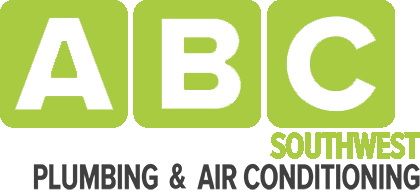Humidity and Indoor Air Quality

If your indoor humidity is above 60 percent you may notice condensation on windows, a musty smell and mold growth in bathrooms and other areas of your home.
What Is a Healthy Indoor Humidity Level?
Many newer digital and smart thermostats will display the relative humidity (RH) in your home. You can alos buy a hygrometer to measure the humidity. For healthy air and comfort a range of 30-50% is ideal.
The Effects of High Humidity In the Home
Besides being just plain uncomfortable, excessive humidity can cause a number of problems that can effect your health, including crating an ideal environment for mold growth and dust mites – both of which can lead to allergies and other respiratory ailments.
High humidity can also damage your home by warping wood furniture, cupping wood floors and peeling paint and wall paper.
Controlling Humidity Levels In the Home
While your central AC will remove much of the humidity in the air, it’s also important to avoid creating a lot of humidity inside. Sources of humidity include: cooking, doing laundry, bathing and other household tasks. Ensure that there is adequate ventilation in the kitchen, bathroom and laundry room. If humidity is a problem in these spaces, consider increasing the size of the ventilation and exhaust fans to remove the humid air.
When the temperatures are lower, consider leaving doors open to allow air to circulate and opening drapes and partially opening blinds on sunny days can also reduce the buildup of excess moisture in the home.
If you’re concerned about excessive humidity in your home, call ABC Southwest Plumbing & Air Conditioning we can help.
Neighbors Are Saying About ABC





